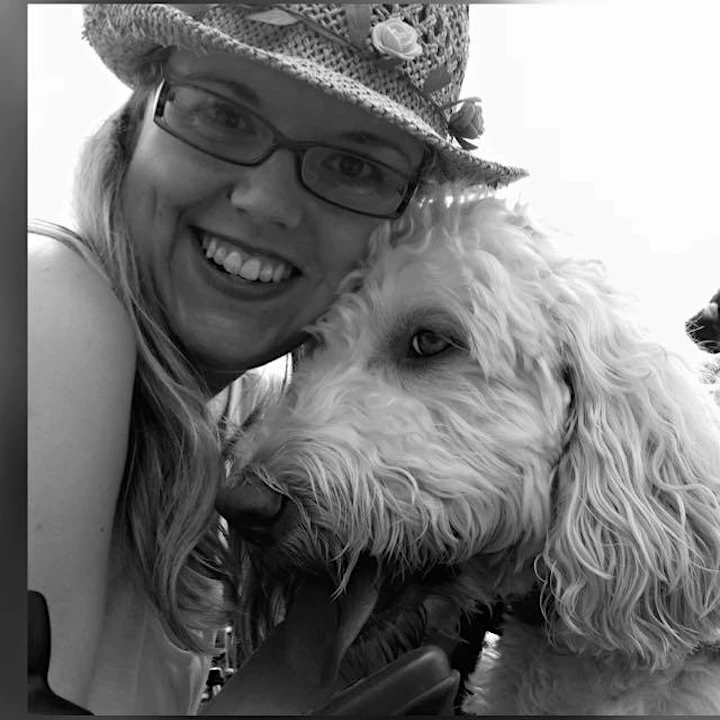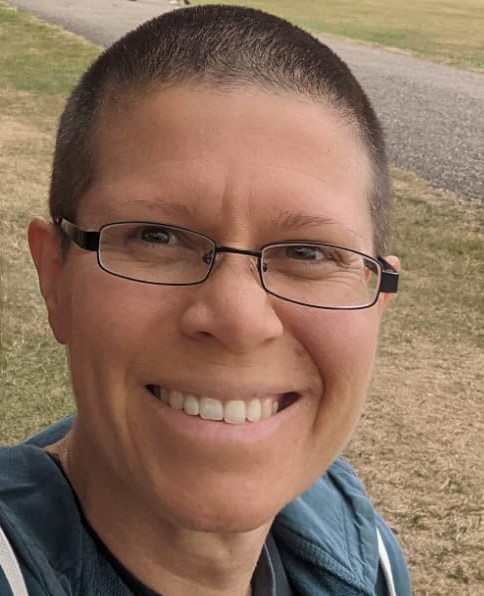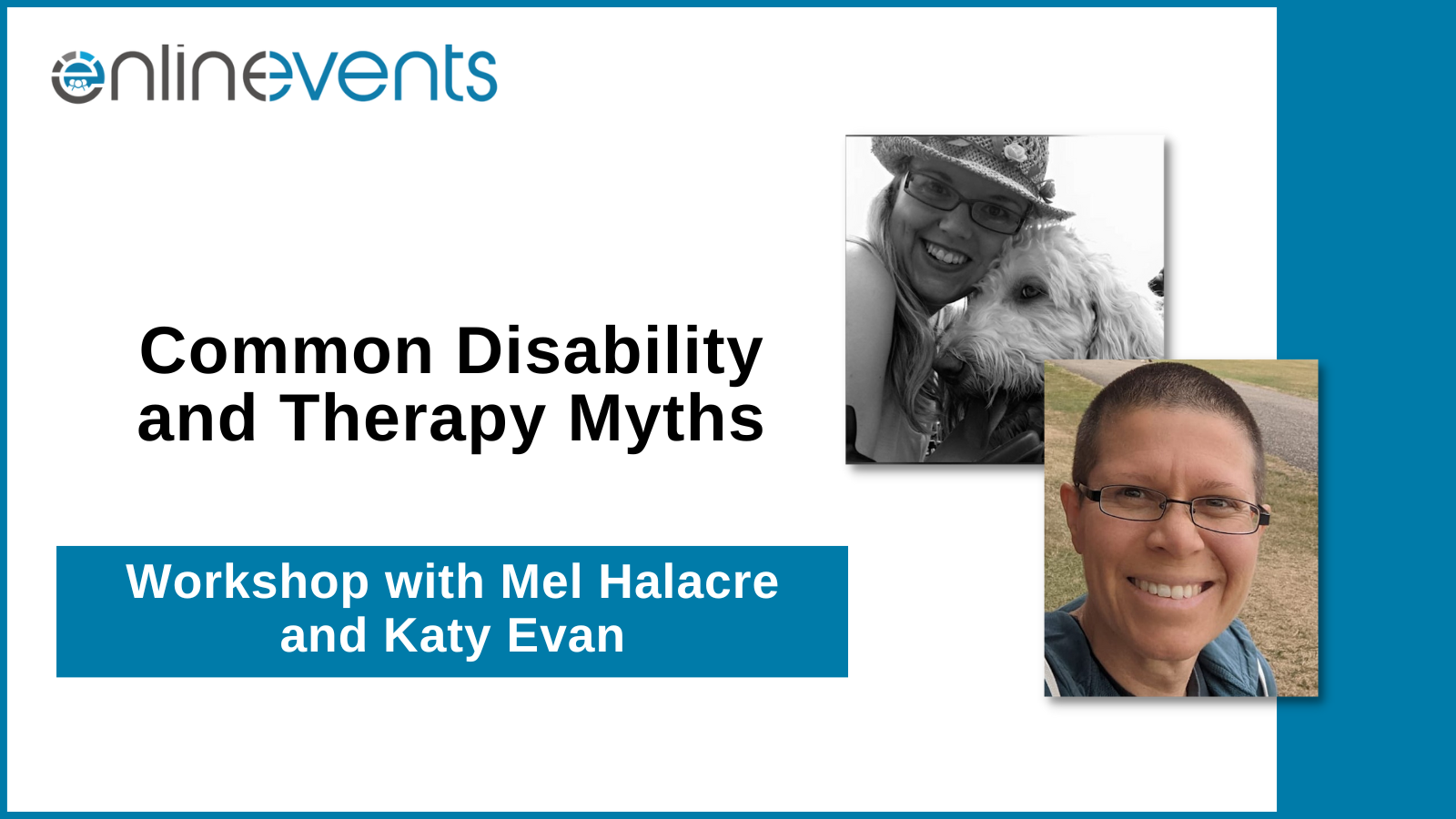20% of the UK population are disabled, but do you see this percentage in your client group? There are many reasons why we may not.
In this workshop we explore common myths that prevent us as professionals from engaging in disability.
We explore the natural resistance and fear many of us, whether disabled or not, experience when we come into contact with disability.
We explore the ways we inadvertently exclude – it is not just physical barriers and access
We suggest ways we can provide a more affirming service for our existing and potential disabled clients and their families and carers.
Course Content
Presenter

I’ve been disabled since birth and I experienced many adversities in my childhood. I have had some amazing support from therapists who understand the challenges disability can bring without viewing disability as a tragedy. I have also experienced difficulties accessing other mental health support which has inspired me to do a MSc in Mad Studies which is a survivor led approach to changing attitudes and support for people experiencing emotional distress. I believe emotional distress is over medicalised. I instead view distress as an understandable reaction to what has or is happening in someone’s life. I trained as a counsellor up to level 4 and I’ve worked with numerous disability organisations as a campaigner and advocate. Due to personally experiencing barriers to accessing appropriate mental health support, I am passionate about working with Spokz People to improve this for other disabled people.

Mel set up non-profit Spokz People in 2009. Her family is disabled and when training to be a therapist Mel realised that more tailored psychological support was needed for disabled people and their families. Many disabled people prefer to see therapists who have additional training and experience in disability, to prevent damaging ableist therapy. Generic training covers very little on disability and rarely from a social model approach. Mel is passionate about supporting other professionals to improve their practise through training, supervision, consultancy and exploring their own relationship with difference.


